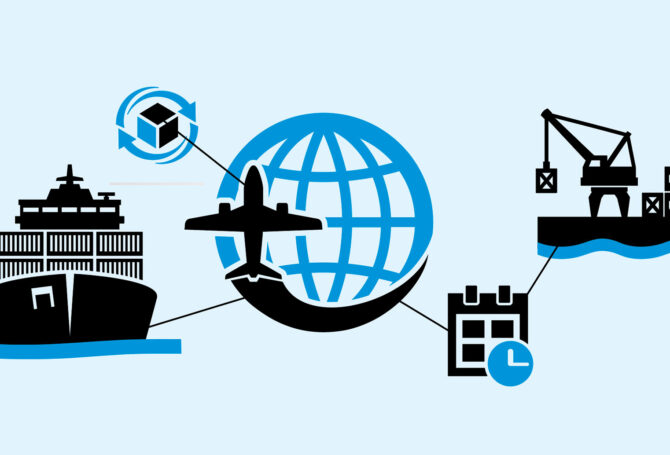
Both houses of Congress will vote this week on differing versions of police reform as prospects grow that Congress will consider infrastructure proposals this session after all, with a House vote coming as early as next week.
The Democratically controlled House has rolled out a $1.5 trillion Moving Forward Act that includes capital investments for transportation, housing , education, climate change, health care, water, broadband, childcare and the US Postal Service. They tout the measure as a “transformational investment in American infrastructure that will create millions of jobs, take bold action on the climate crisis and address disparities in urban, suburban and rural communities across our country.”
The Trump administration reportedly will release its proposal in days, which Senate Republicans are expected to adopt as their starting position on infrastructure legislation, with action occurring when senators return from their July 4 break.
Assuming this happens, Congress will spend the rest of the summer trying to reach agreement on a second CARES Act, police reform and infrastructure investment. The outcomes – or failures – could influence key contested congressional races and even the presidential election this fall.
In the Moving Forward Act, Democrats wrapped together a wide range of investment ideas from a myriad of House committees. It includes the previously unveiled $500 billion transportation reauthorization bill (INVEST in America Act), as well as the Reopen and Rebuild America’s Schools Act, which would provide $130 billion in investment in education infrastructure targeted at high-poverty schools.
Other provisions in the Moving Forward Act include:
- $100 billion to create or preserve 1.8 million affordable houses.
- $100 billion to promote affordable broadband internet in unserved and underserved communities, with an emphasis on connections that can support remote learning.
- $70 billion to transform the US electric grid to accommodate renewable energy, expand the electric vehicle charging network and support weatherization.
- $30 billion to upgrade hospitals and community health centers, improve clinical laboratory infrastructure, increase capacity for community-based care and support Indian Health Service infrastructure.
- $25 billion to modernize the US Postal Service.
- $25 billion for the Drinking Water State Revolving Fund to ensure clean drinking water.
- $10 billion spread over five years to address structural challenges in childcare facilities.
The proposal would incentivize wind and solar development on public lands and spur private investment through a revitalized Build America Bonds program, expansion of private activity bonds and enhancements to the New Markets and Rehabilitation tax credits.
Between the infrastructure package and the HEROES Act, House Democrats have proposed $4.5 trillion in additional relief and investment.
Republicans will be looking to narrow the scope and reduce the size of an infrastructure investment package, though the investments Democrats have included may have wide appeal, especially at a time when the economy remains depressed and could use a boost.

Joel Rubin is a partner and leader of CFM’s federal affairs team based in Washington, DC. He has worked on Capitol Hill and now represents Pacific Northwest interests in Congress and with federal agencies.



